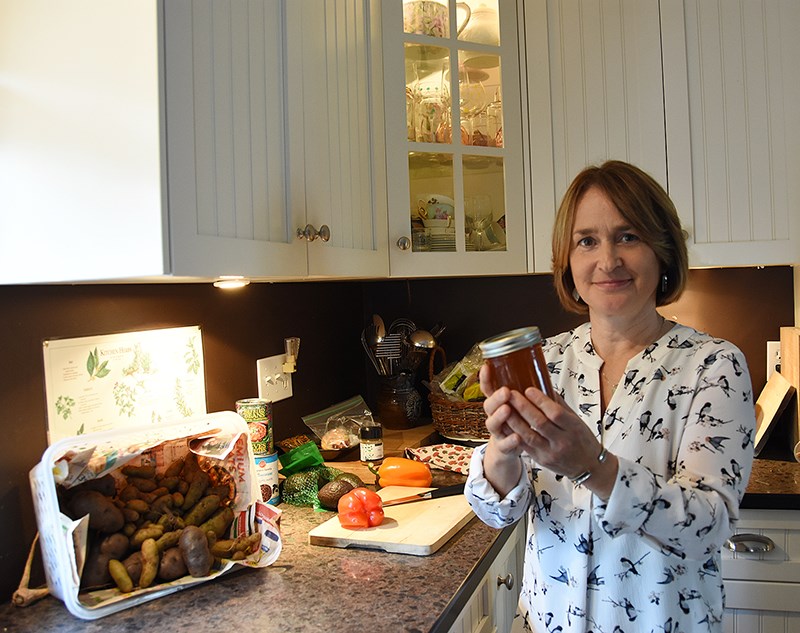More families will be facing tough decisions about groceries next year as their buying power dwindles due to predicted 4% hikes in the prices of meat, seafood, fruits and vegetables.
With salaries stagnant and rent and mortgages taking more of people’s wages, getting wholesome, fresh food into family diets will become increasingly a stretch, according to a joint Dalhousie University and University of Guelph study called Canada’s Food Price Report.
Claire MacLean, CEO of Share Family and Community Services, sees it first-hand, not only in her own family’s grocery bill but in the rising costs of running the Tri-Cities’ three food banks.
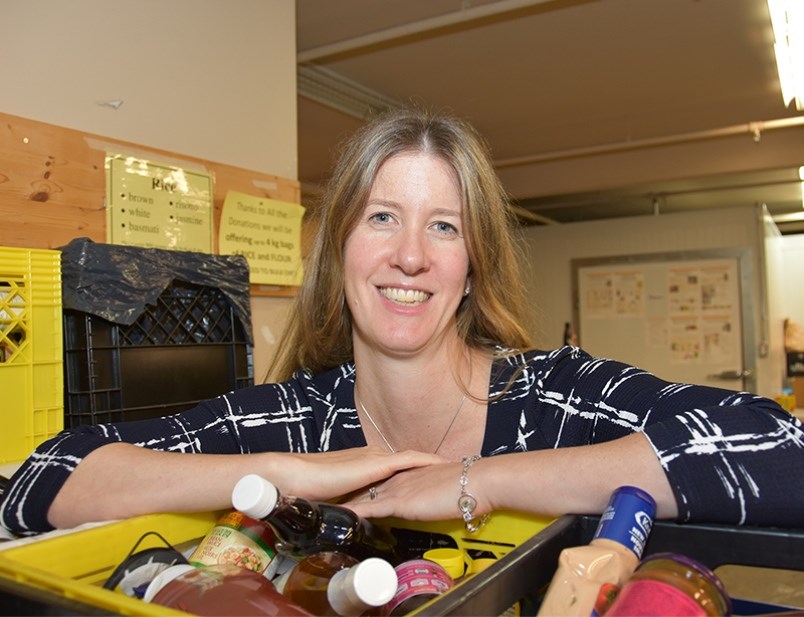
More people are using the food bank this year and while year-end numbers aren’t available, registration for Christmas hampers this season is up 10% this year, MacLean told The Tri-City News
“We’re seeing more people come to the food bank this year," she said. "We’ve got an increased demand for the services and at the same time we are working hard to have more healthy food for people.”
In addition to non-perishable items, Share puts produce and dairy items into hampers and for the holidays, clients will get a gift certificate to buy something for the holiday table.
MacLean said donations don’t go as far as they used to and, with fuel and utility bills taking a large chunk of donations, this year’s fundraising drive is even more important.
“It’s a challenging economic time for people,” MacLean said, noting she’s hoping more people consider donating to Share (https://sharesociety.ca/share-joy) when they contribute to charity this year.
ACCESSIBILITY
But are there ways besides the food bank to make food more accessible and healthy for people?
That’s a question Port Coquitlam Coun. Laura Dupont is asking as she co-chairs a new food security committee in 2020 that will be looking to be address this issue.
Dupont, a champion of community gardens, said there may be new ideas to be explored that would bring people together to grow, cook and share food, and she hopes the new committee co-chaired by a Fraser Health dietician will look into what other communities are doing to improve food security.
The city of PoCo could also help, she said, by making unused land, such as road ends and easements, available for neighbourhood gardens, and to work with other cities on policies to enhance local food security.
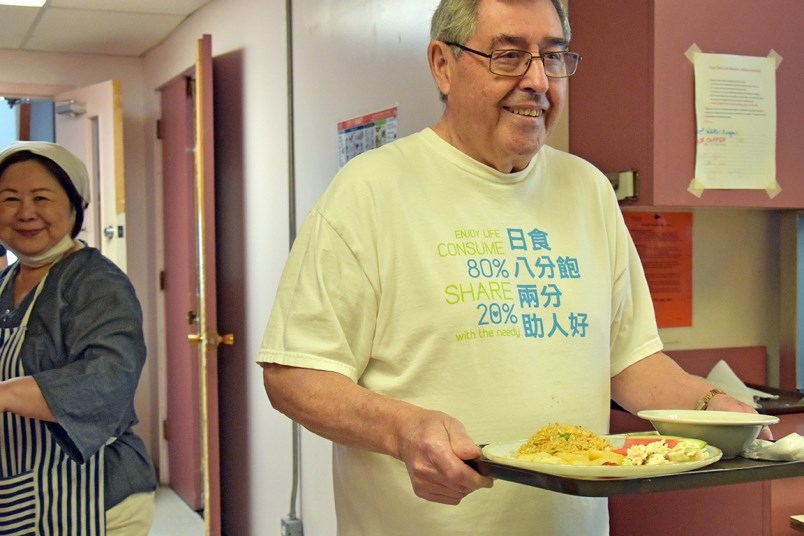
A portion of Port Coquitlam is located in the agricultural land reserve, she said, and there may be ways to encourage owners of such land to use more of it for food production. The city already has two community gardens but more are needed for the north side of PoCo, she said, and a successful beehive on top of city hall, which produced honey this year, could be a model for others interested in boosting the number of pollinators.
Above all, Dupont said, food security programs should encourage people to work together on issues, “so we’re not all in our own bubble.”
“It’s about engaging people to interact so that when things are tough or something bad happens, we’ve built connections so that people aren’t lost in the chaos.”
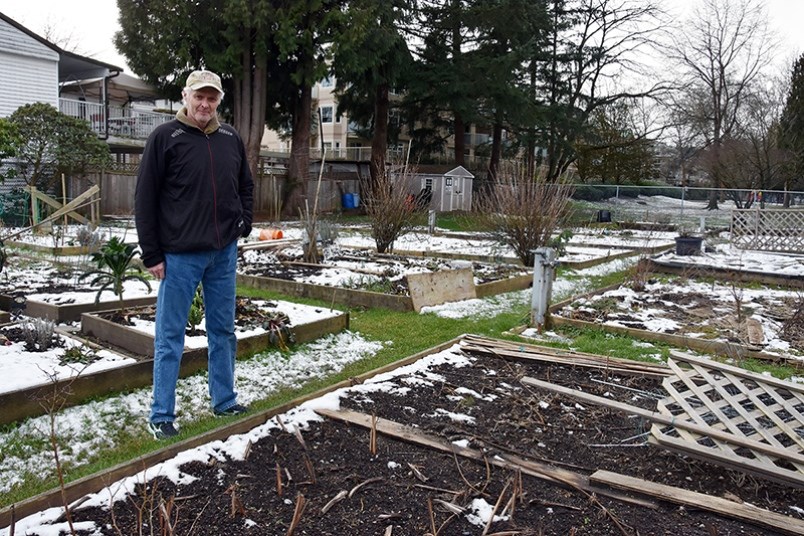
NO WASTE
Another group is ensuring people don’t go hungry by repurposing groceries that would otherwise go to waste.
Igor Bjelac said a lot of food goes to waste because people have developed unreasonable expectations of how their food should look. But recent initiatives in Metro Vancouver, including a program to reduce food waste, have motivated grocers to donate usable food that is blemished, improperly packaged or near the expiry date to non-profits that distribute the food to those who need it.
Volunteers with the Win/Win program, working out of the Montgomery and Vanier education centres in Coquitlam, are collecting the food and taking it to non-profit housing developments in the Tri-Cities, with plans to expand throughout Metro Vancouver.
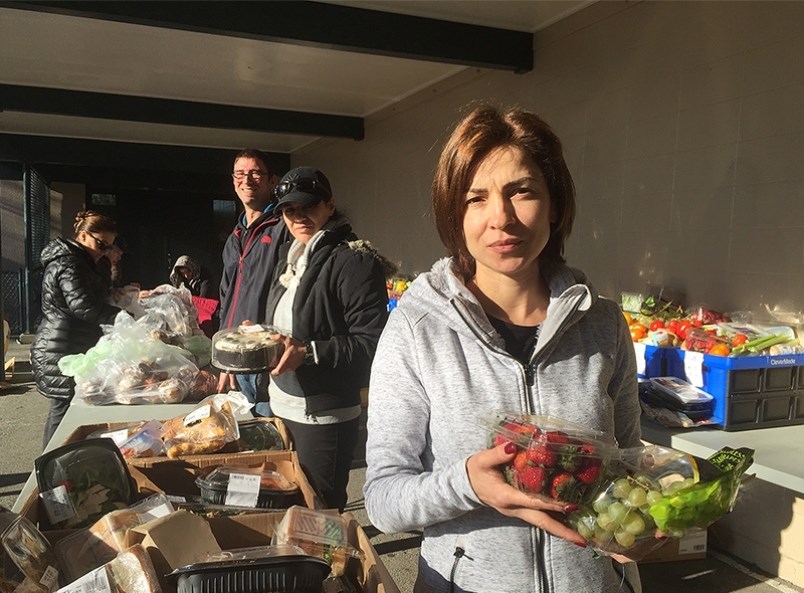
“We are working as a team; Refood, Dan’s Legacy, Food Stash and Union Gospel Mission and Fraser Health is a partner. Once a month, we have a meeting and if we need food, we say so and we get more. We are getting more and more food, we are never overloaded and we are never short,” Bjelac told The Tri-City News.
Eliminating food waste and using more of what we buy could also help reduce grocery bills for Tri-City residents, Bjelac said. People need to get used to so-called “ugly food” that is still nutritious and useful for healthy diets.
“I think education is important," he said. "There is no ugly. There is nothing wrong with the food and we need to teach ways to preserve the food so it lasts longer. [Food waste] is a modern disease we need to cure."
So far, many of these initiatives are still in their infancy but those passionate about healthy eating say it’s food for thought for those looking to cut their grocery bills in 2020.
